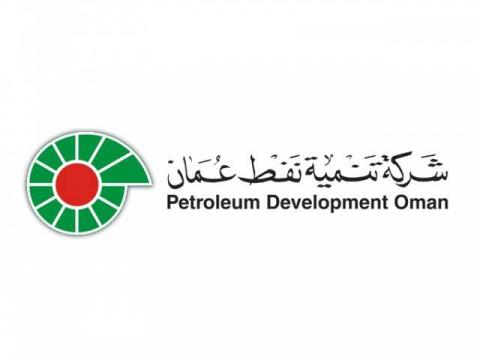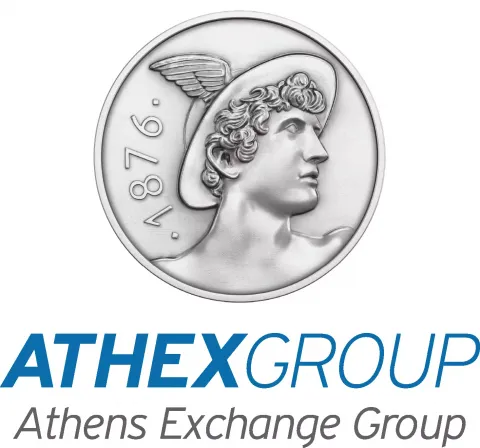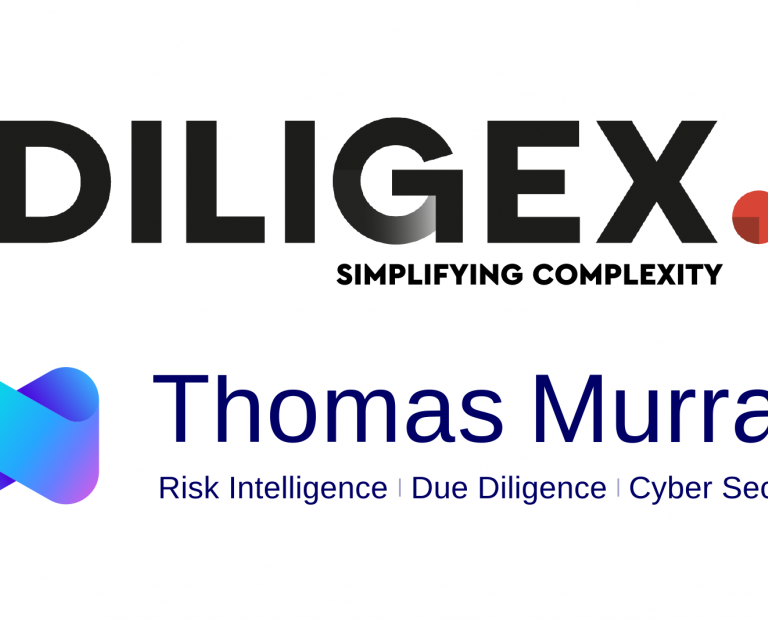Highlights from November 2023
Lebanon, Jordan and Egypt
Given the continuing economic woes and the impact of the Israel-Hamas conflict, there was little optimism around the table when the Risk Committee met on 1 November to hear feedback on September’s in-person visits to Jordan, Lebanon and Egypt.
- Lebanon
An in-person visit to Beirut was conducted in September and the Committee met to discuss the report. The central bank is not taking any deposits, but is still printing money despite the fact that, even for locals, it is nearly impossible to withdraw cash. Lebanon’s inflation rate was running at 253.55% in June 2023.
The nation’s currency has now lost more than 90% of its value since 2019, when the economy collapsed. Banks have capped withdrawals at US$400 a month, leading to desperate account holders trying to access their own money by staging .’
The current conflict between Israel and Hamas has also affected Lebanon both indirectly and directly. Israel and Lebanon have traded airstrikes as Israel seeks to deter Lebanese Hezbollah fighters from entering the fray in support of Hamas in Palestine.
Even so, financial market infrastructures and the market itself continue to operate as usual, if with very little turnover. The central securities depository is reporting financial losses, but still has the cash needed to keep running in accordance with its three-year plan. None of the local banks, however, are producing financial records that can be reviewed.
- Jordan
Jordan has few natural resources, and its small, emerging-market economy is heavily dependent on foreign investment, tourism and the service industry.
All three of these have been badly affected by the Israel-Hamas conflict. Jordan’s unemployment rate is high, and it is experiencing a slow-down in its economic growth. But this is not the whole story.
The banking sector dominates Jordan’s financial system, and its financial infrastructures and market are still functioning.
Although Standard Chartered withdrew from Jordan in August 2023, the country continues its run of economic resilience – inflation declined to just over 1% in September 2023 and the economy is still expected to grow by 2.6% this year.
- Egypt
Overseas voting is currently underway for the Egyptian presidential election, ahead of polls opening on 10-12 December. The outcome is expected on 18 December.
President Abdel Fattah el-Sissi is expected to retain power, despite Egypt’s cash shortage and inflation running at around 40%. A 50% devaluation of the Egyptian pound has sent food prices soaring and fuelled activity on the black market.
On the other hand, in 2021/22 real GDP growth increased to around 6.6%, driven by gas extractives, communications, agriculture, and construction but hampered by a drop in tourism during the pandemic restrictions and the loss of investors in the wake of the Russian attack on Ukraine. This led to very high levels of inflation, of around 100%+, within a year.
Serious repatriation issues for the Egyptian currency started last year. The Central Bank of Egypt has stepped in as Egyptians outside the country have been using black market traders to repatriate their funds. A ‘first-in first-out system’ is now in operation at the exchange in order to decide which investors can repatriate.
A new Egyptian central securities depository (ECSD) went live in May 2023. As of September, it is supporting government bonds and treasury bills and there appears to be good response from investors.
Hugo Jack has written more about the Egyptian liquidity crisis here.
Czechia
The Risk Committee reviewed Československá Obchodní Banka (ČSOB), one of the largest commercial banks operating in the Czech Republic, as well as Citibank and UniCredit.
Russian threat actors have been busy in Czech cyberspace this year, and the Committee evaluated the impact this has had on operational risk across the board.
Only a week before an in-person visit in August, ČSOB was among several Czech banks (along with Komerční Banka, Air Bank, Raiffeisen, Moneta Money Bank and Fio Banka) that experienced DDoS attacks, while the Česká Spořitelna Bank and the Prague Stock Exchange reported related problems with their websites. It’s thought that all or most of the attacks were the work of NoName057(16), a pro-Russian hacktivist group.
The attacks affected retail banking rather than securities services, though the Committee was concerned that this was due more to good luck than good management.
On a more positive note, transaction volumes have continued to grow after the Czech market took a dip during 2022. A recent key development is that CDCP (the main Czech central securities depository) implemented the EU’s Shareholder Rights Directive (SRD II) in February 2022.
It is now possible to settle treasury bills in euros at CDCP, usually through ‘SKD’ (the Czech Central Bank’s Short-Term Bond System), and the settlement rate has remained stable following the implementation of SRD II.
Switzerland
Like the rest of Europe, Switzerland is grappling with the implications for its own settlement cycles of the US’s move to T+1.
T+1 is a collaborative effort between the Investment Company Institute (ICI), the Securities Industry and Financial Markets Association (SIFMA), and the Depository Trust and Clearing Corporation (DTCC) to shorten the US securities settlement cycle from T+2 to T+1.
The US Securities and Exchange Commission (SEC) has formally This will have an impact far beyond the US, so Thomas Murray will be providing regular updates on the implementation of T+1.
As of February 2023, SIX Swiss Exchange has a working group dedicated to T+1 that includes staff across its departments. SIX is also looking at shortening its own cycles.
February was also the month that SIX shelved its plans to consolidate its platform with that of the Spanish exchange it acquired in 2020, Bolsas y Mercados Españoles (BME). However, the Committee noted that it was not clear even from in-person meetings with Spanish entities whether these plans were scrapped or merely suspended.
Meanwhile, SIX Digital Exchange (SDX) has been involved in trials of wholesale Central Bank Digital Currency, a long-standing project. SDX is also to act as a host of the pilot scheme, with the co-operation of banks. Testing as a means of payment for primary and secondary markets.
The Committee also considered Switzerland’s energy crisis in respect of its banking system. Switzerland has been unable to reach agreement with the EU over importation of its energy supplies, and Swiss electricity companies are warning that the stability of the national grid could be at risk.
Banks now need contingency planning in place in case of power outages, including emergency generators.


Orbit Intelligence
Centralise your monitoring and reporting, access Thomas Murray risk assessments and third party data feeds.
We safeguard clients and their communities

Petroleum Development Oman Pension Fund
“Thomas Murray has been a very valuable partner in the selection process of our new custodian for Petroleum Development Oman Pension Fund.”

ATHEX
"Thomas Murray now plays a key role in helping us to detect and remediate issues in our security posture, and to quantify ATHEX's security performance to our directors and customers."

Northern Trust
“Thomas Murray provides Northern Trust with a range of RFP products, services and technology, delivering an efficient and cost-effective solution that frees our network managers up to focus on higher Value activities.”
Insights

Thomas Murray launches Cyber Risk practice with key strategic hire
Leading global risk intelligence firm Thomas Murray has announced the launch of its Cyber Risk advisory practice today with the key strategic…

Tabletop exercises: Where to start
Knowing how to deal with the fallout from a major cyber incident is just as important as knowing how to prepare for one. In cyber security…

Thomas Murray announces Malta agreement with Diligex
Thomas Murray, the global risk intelligence and cyber security firm, today announced a distribution agreement with Diligex. Diligex is a…


